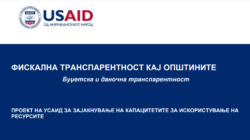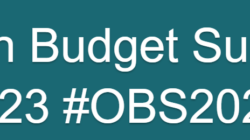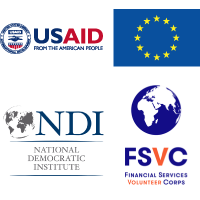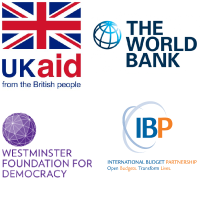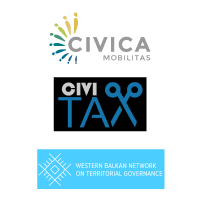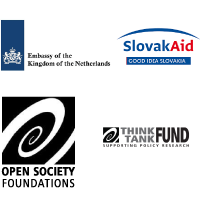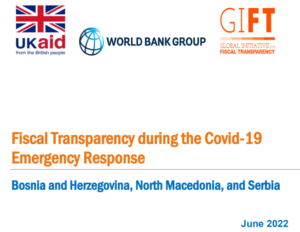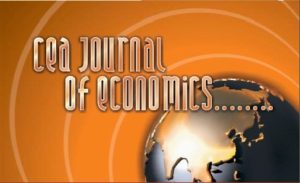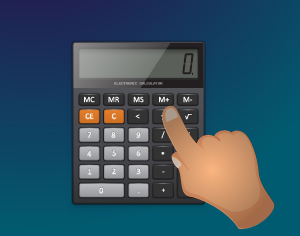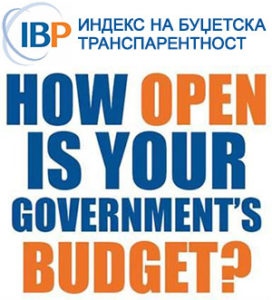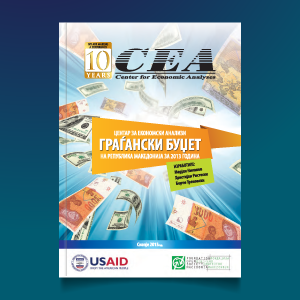Marjan Nikolov from CEA contributed as local consultant to theWorld Bank project on Fiscal Transparency During the Covid-19 Emergency Response.
When responding to emergency situations such as the COVID19 pandemic, Governments need to take spending decisions quickly and under heightened uncertainty – while still finding ways to ensure fiscal transparency – especially as in many cases the scale of funds being (re)deployed is sizable. Given the challenging balance between reacting decisively and maintaining or enhancing transparency in appropriate ways, it is important to learn lessons from experience to inform preparation for future crisis events. This report presents a comparative analysis focused upon the experiences and lessons drawn from fiscal transparency efforts in three countries in the Western Balkans – Bosnia and Herzegovina (BiH), North Macedonia, and Serbia – focusing on the COVID-19 period, complementing existing public budgeting assessments that apply internationally recognized PFM frameworks on a regular basis. It includes examples of good practices that were deployed in various countries – within the region and beyond – during their response to the pandemic. In doing so, it aims to distil lessons and provide recommendations about what could be done better in preparation for and during future emergency events, whether related to future health crises or reacting to other emergencies such as natural disasters or post-conflict reconstruction.

